Full-time National Assembly member at the Culture and Social Affairs Committee Nguyen Thi Mai Thoa: Thoroughly remove barriers to encourage the creativity of artists

The field of responsibility of the Committee on Culture and Society is broad and complex, directly related to people's lives. Therefore, in the process of building and revising draft laws, the Committee is very careful and conducts thorough research to build concise, easy-to-understand, easy-to-apply legal documents, ensuring quality, ensuring feasibility and fighting against group interests.
In particular, the Committee pays great attention to transforming the state management method from pre-control to post-control, combining pre-control with post-control for important and special areas.
In addition, the Committee also focuses on perfecting regulations for cultural and social activities in cyberspace. These are newly arising issues, with quite complex developments and in reality, there are many violations.
To support its work, the Committee has proactively applied science, technology and artificial intelligence very frequently and widely in law-making activities, reviewing duplication, preparing explanatory reports, looking up information and data, etc. Thanks to that, the Committee's activities are increasingly effective, including law-making work.
In the coming time, to continue perfecting the legal system in the cultural and social fields, I think it is necessary to thoroughly remove financial and administrative barriers to encourage the creativity of artists to create valuable cultural works.
Filling legal gaps in the cultural field such as performing arts, exhibitions, photography, literature, etc. Because these are fields that currently have no laws or ordinances regulating them, and even no legal documents regulating them.
Continue to address new issues arising in practice such as cultural activities in cyberspace, digital transformation in the cultural and social fields. For example, publishing activities in cyberspace, religious activities in cyberspace... are contents that need to be further researched to perfect the relevant legal system.
In addition, research promotes the application of artificial intelligence in the creation of cultural works.
Deputy Minister of Education and Training Le Tan Dung: Law must be a tool to ensure the right to study and development of every citizen.
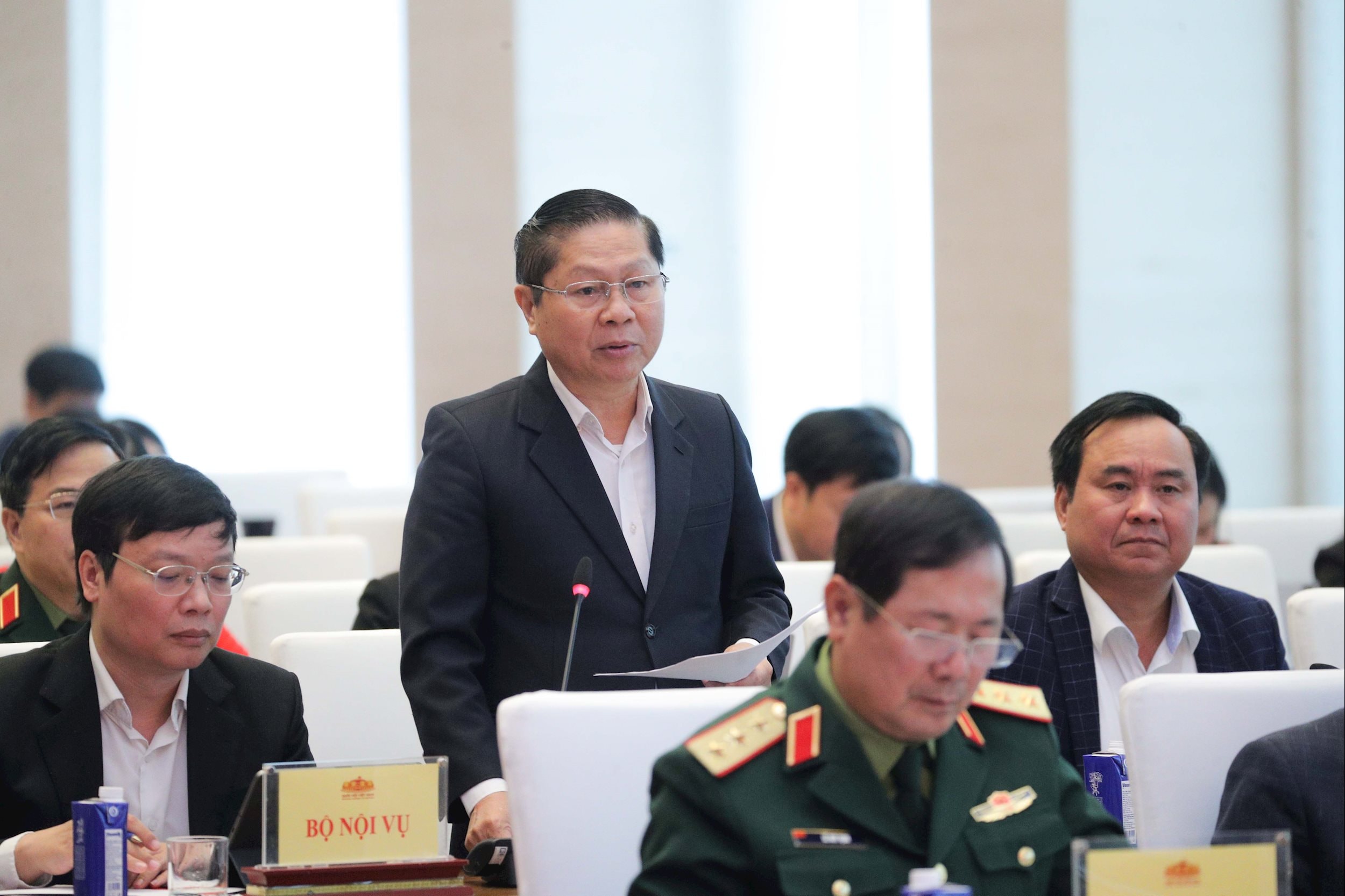
To fulfill the requirement of perfecting the legal system in the field of education and training, meeting the requirements of national development in the new era, the Ministry of Education and Training clearly defines the orientation of perfecting the system as: taking learners as the center; taking quality, fairness, transparency and responsibility for accountability as pillars; building an open and flexible education system, ensuring the foundation of personal values and school discipline.
Continuing to perfect the law on education is not only about amending the law but also about designing a modern, clear, stable, yet flexible enough institutional framework to promote innovation and comprehensive development of Vietnamese people.
At the Ninth and Tenth Sessions, the Ministry of Education and Training presided over the development of many draft laws and draft resolutions to be submitted to the National Assembly for consideration and approval. Among them, the draft resolution of the National Assembly on special and outstanding policy mechanisms to make breakthroughs in education and training development, which was presided over by the Ministry of Education and Training, was submitted by the Government to the National Assembly for approval at this Session to promptly concretize Resolution No. 71-NQ/TW of the Politburo.

The above steps have clearly demonstrated the strategic vision of perfecting the legal system on education, not only to address current problems but also to create a long-term foundation for innovation in governance models, financial mechanisms, staff development and improving training quality. The law must truly become a tool to ensure the right to study and develop of every citizen, while promoting autonomy, self-responsibility and transparency of educational institutions.
Perfecting the legal system in the field of education and training is not only the task of the education sector but also the responsibility of the entire political system. The goal is to build a modern, transparent, and humane legal corridor in which teachers are respected, learners are protected, and innovative initiatives are supported and encouraged.
Former Deputy Head of the National Assembly Office Nguyen Si Dung: It is necessary to put "machine-readable law" into use in the legislative process.
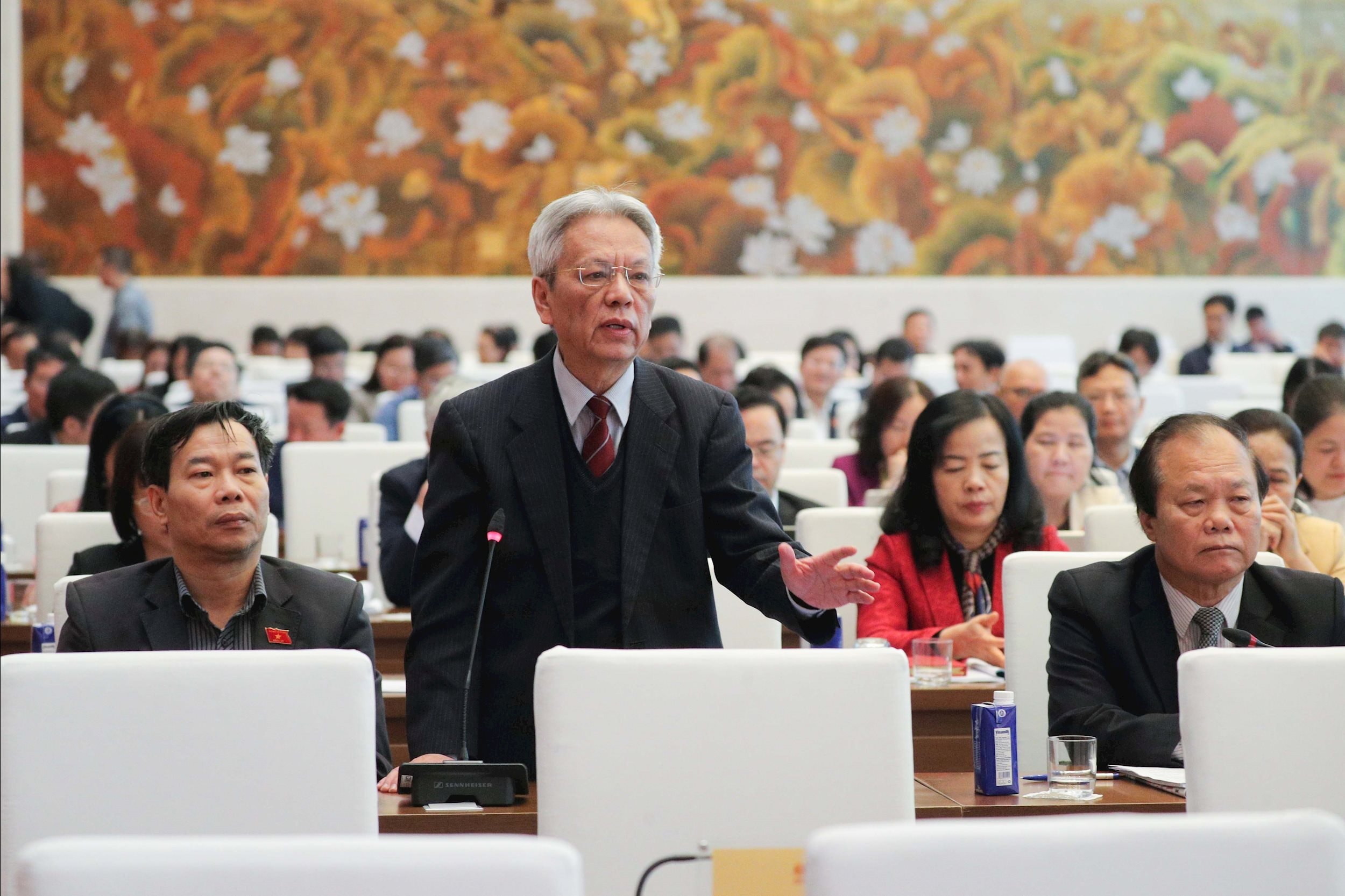
In recent times, the National Assembly has reviewed and passed a large number of laws and resolutions, promptly removed difficulties and obstacles, promoted socio-economic development, ensured national defense, security, foreign affairs, and prevented corruption, waste, and negativity.
With such a large workload for the National Assembly in each session, we need to consider applying machine-readable law in addition to the draft law sent to the National Assembly deputies for study. Machine-readable law is a normative document issued in parallel with a structured data (metadata, ontology, rule logic), allowing computers to understand, check, simulate and automatically enforce legal rules.
Specifically, each provision is assigned an identifier, describing its scope, conditions, exceptions, validity, and clear references. Digital legal tools can check for overlaps, conflicts, or inconsistencies between documents before they are submitted. Of course, the machine-readable law needs to be connected to the National Data Center, a shared digital platform, and the Digital Government to operate.
Machine-readable laws will help our legislative process be as transparent as possible, implemented quickly, and without conflicts between legal provisions. Therefore, in the coming time, it is necessary to complete the legal framework for promulgating and managing machine-readable laws; pilot model documents, train technical staff for digital legislation; and include the criteria of "auditability and programmability" in assessing the quality of normative documents.
Source: https://daibieunhandan.vn/nhin-lai-dien-dan-xay-dung-phap-luat-lan-thu-nhat-xay-dung-the-che-hien-dai-on-dinh-ro-rang-du-linh-hoat-va-nhan-van-10396819.html





![[Photo] Next to the "mountain of trash" after the flood, Tuy Hoa residents strive to rebuild their lives](/_next/image?url=https%3A%2F%2Fvphoto.vietnam.vn%2Fthumb%2F1200x675%2Fvietnam%2Fresource%2FIMAGE%2F2025%2F11%2F24%2F1763951389752_image-1-jpg.webp&w=3840&q=75)


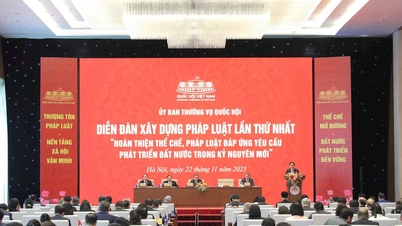




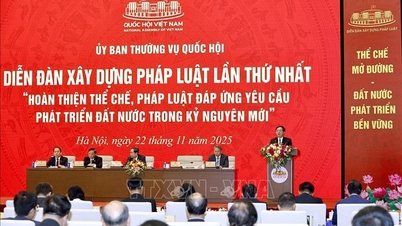
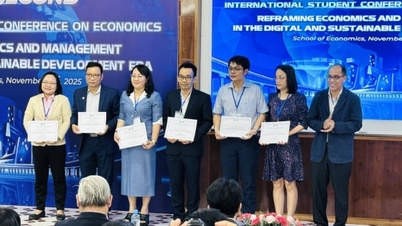


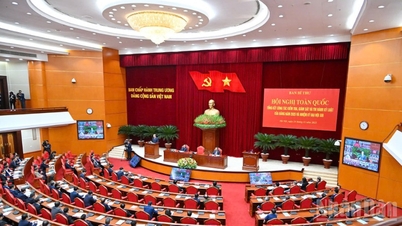

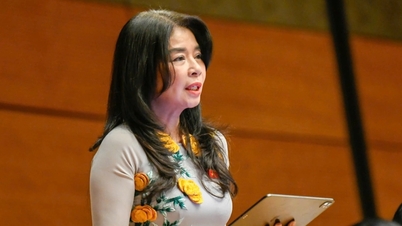

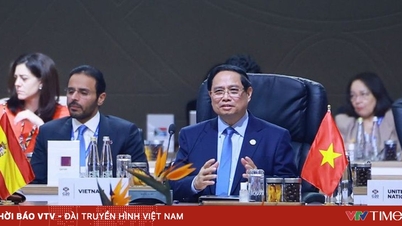

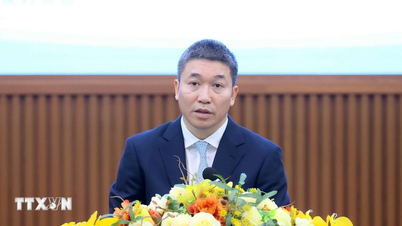

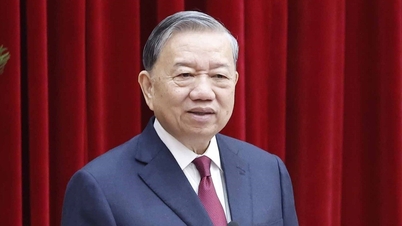

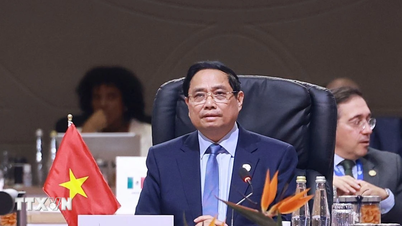




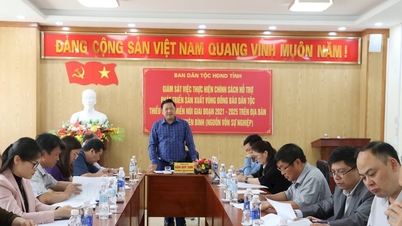
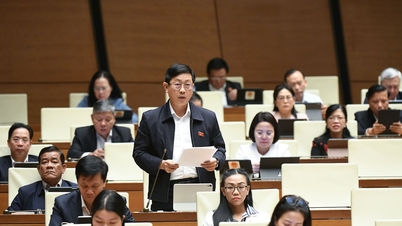
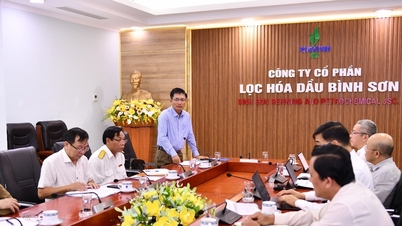
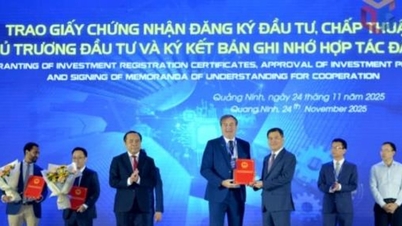
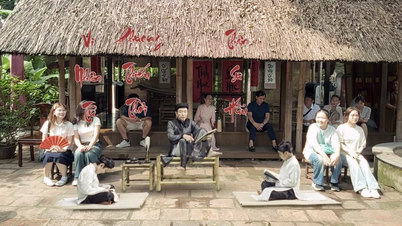
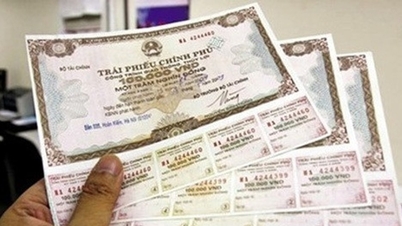



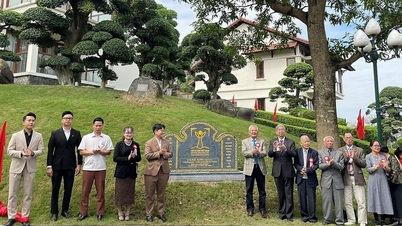


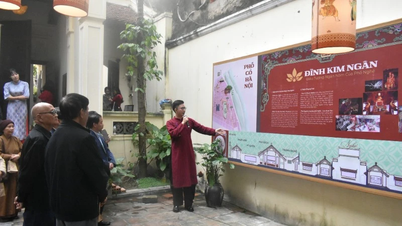






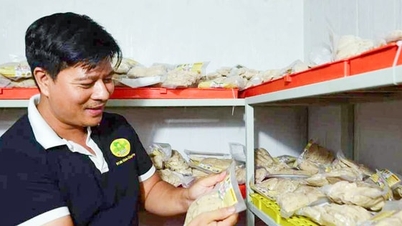







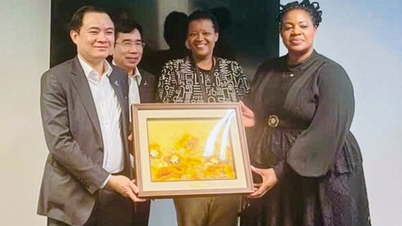
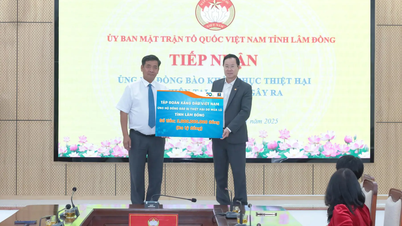


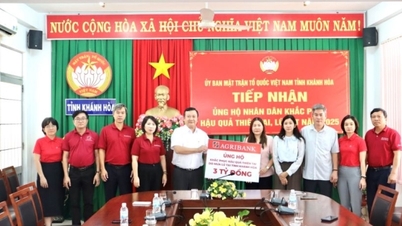












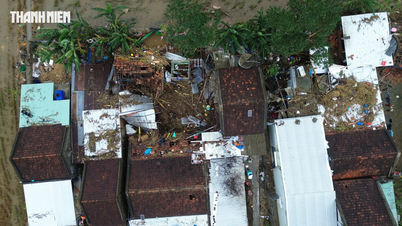




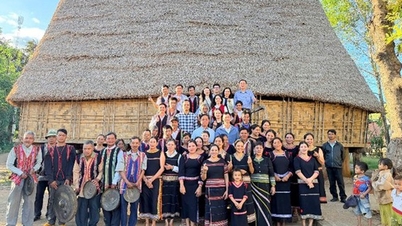
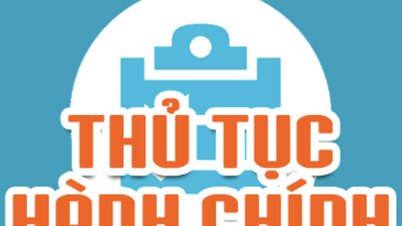
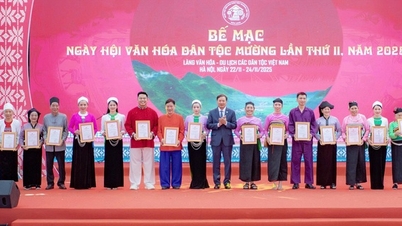





















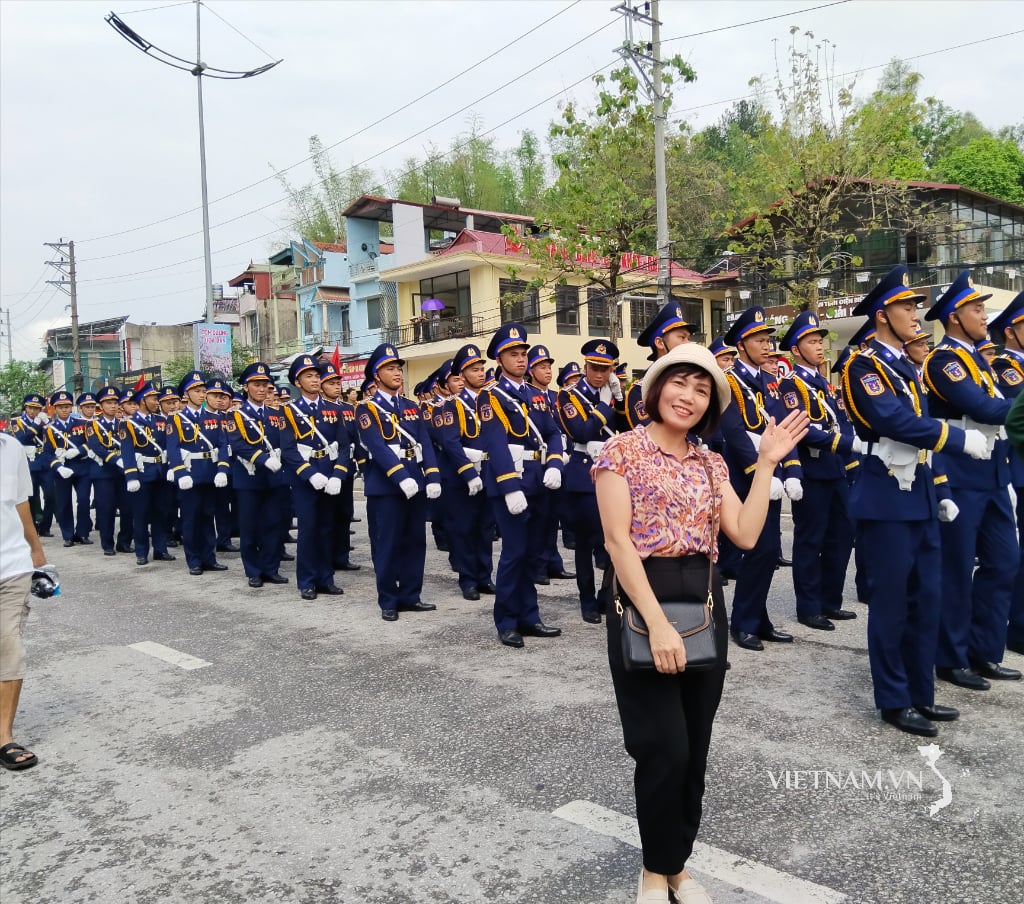
Comment (0)